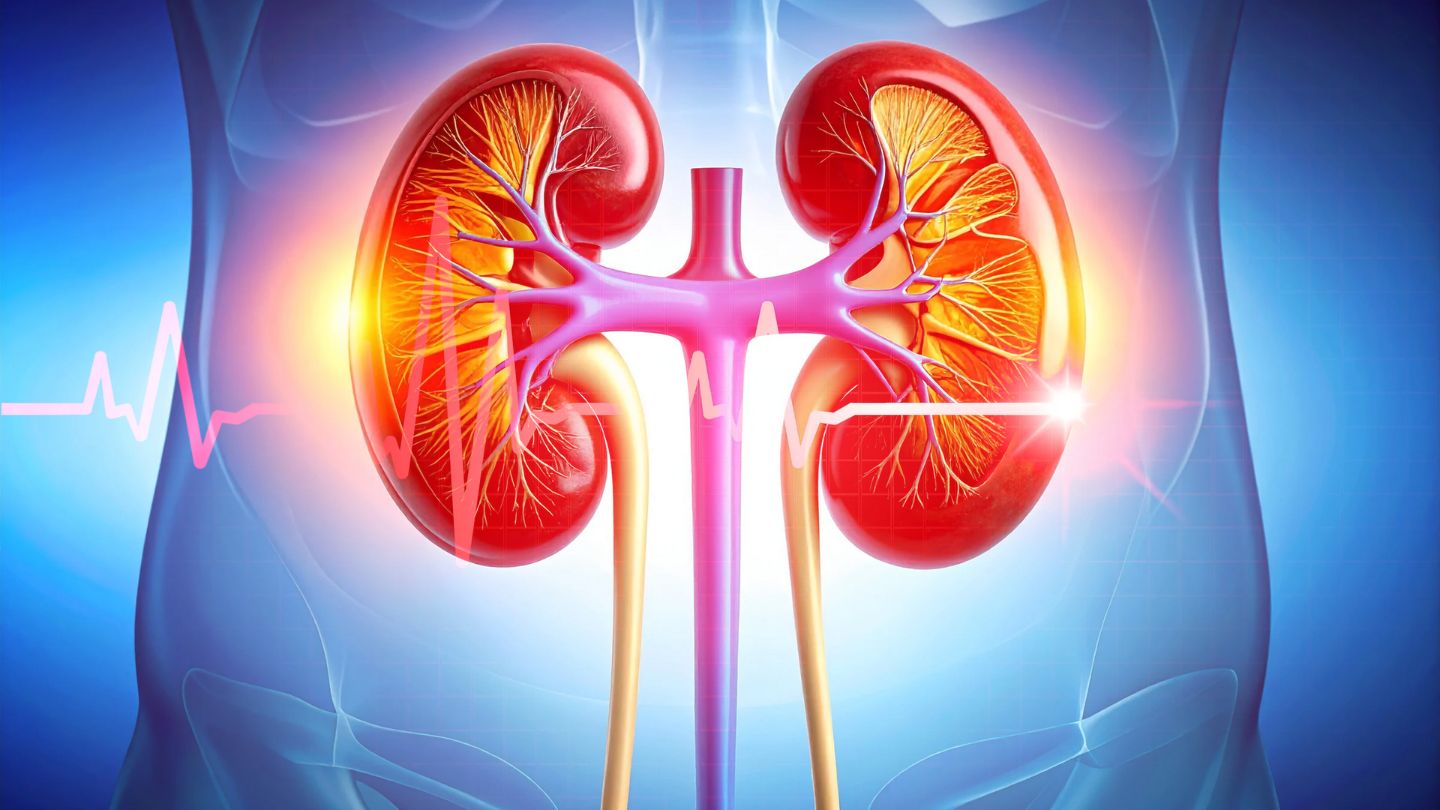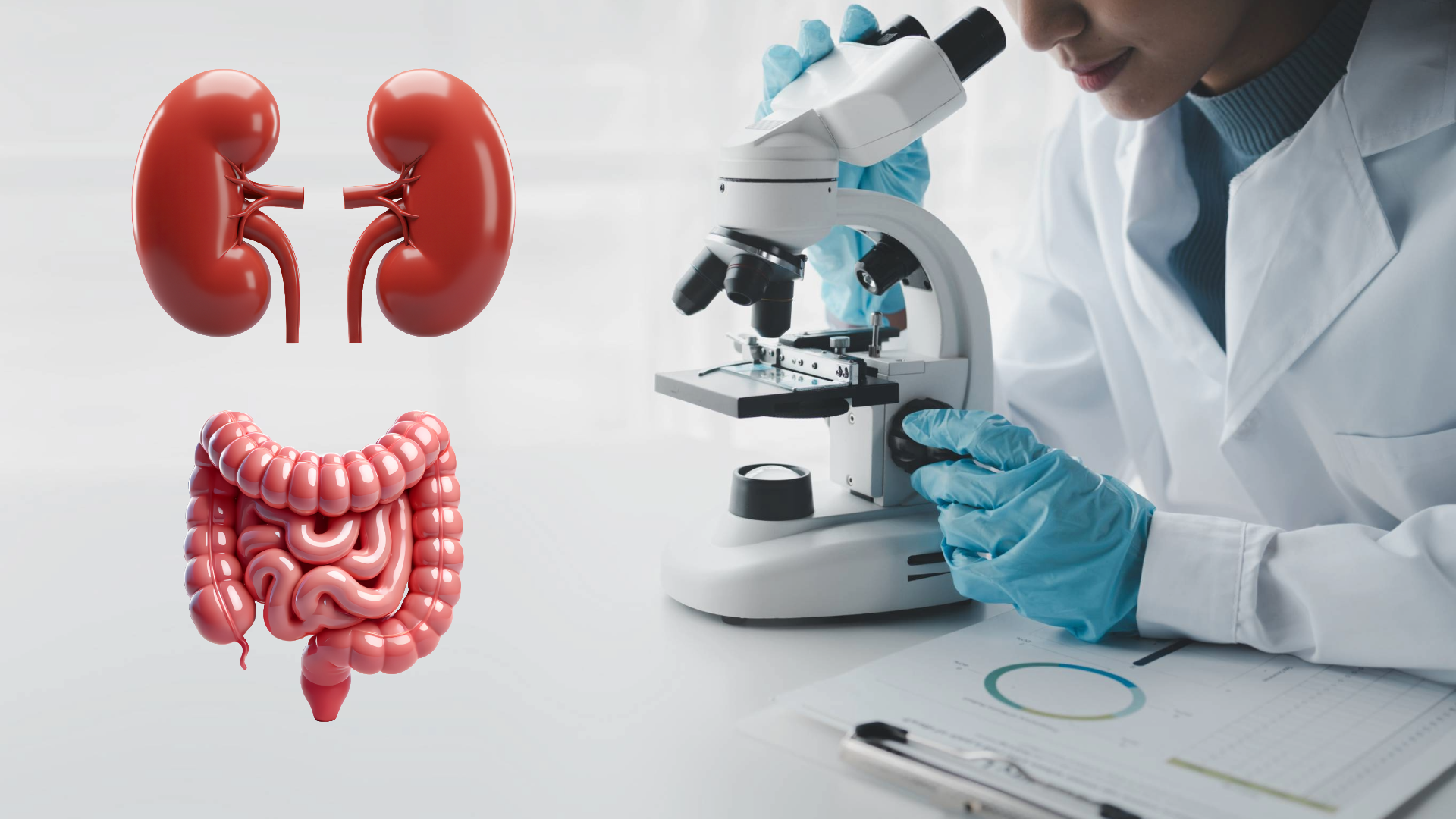March is National Kidney Awareness Month, a time dedicated to raising awareness about kidney health and the prevention of kidney disease. The kidneys play a crucial role in filtering waste, balancing electrolytes, and regulating blood pressure, yet millions of people are affected by kidney disease—often without realizing it. Understanding the risk factors and taking proactive steps can help protect your kidney health for years to come.
Understanding Kidney Disease
Kidney disease occurs when the kidneys lose their ability to filter waste efficiently. Chronic Kidney Disease (CKD) is a progressive condition that can lead to kidney failure if left untreated. The early stages often have no symptoms, making routine check-ups and screenings essential for early detection.
Risk Factors for Kidney Disease
Several factors can increase the risk of developing kidney disease, including:
- Diabetes – The leading cause of kidney disease, as high blood sugar levels can damage kidney function over time.
- High Blood Pressure – Uncontrolled hypertension can strain the kidneys and reduce their filtering ability.
- Heart Disease – Cardiovascular health is closely linked to kidney function.
- Family History – A genetic predisposition to kidney disease can increase the likelihood of developing the condition.
- Obesity and Poor Diet – Excess weight and high-sodium diets can contribute to kidney strain.
- Smoking – Tobacco use reduces blood flow to the kidneys, affecting their ability to function properly.
Prevention: Taking Control of Your Kidney Health
While some risk factors are beyond your control, many lifestyle choices can support kidney health and reduce the risk of disease. Here are a few ways to take proactive steps:
- Stay Hydrated – Drinking enough water helps the kidneys flush out toxins and prevent kidney stones.
- Monitor Blood Pressure and Blood Sugar – Keeping these levels in check can protect kidney function.
- Eat a Kidney-Friendly Diet – Reduce sodium, limit processed foods, and incorporate fresh fruits, vegetables, and lean proteins.
- Exercise Regularly – Maintaining a healthy weight and staying active supports overall kidney health.
- Avoid Overuse of Pain Medications – Certain medications, like NSAIDs, can cause kidney damage when used excessively.
- Get Regular Check-Ups – Early detection through routine testing can prevent kidney disease from progressing.
Spreading Awareness and Taking Action
National Kidney Awareness Month is an opportunity to educate yourself and others about the importance of kidney health. Whether it’s scheduling a check-up, adopting healthier habits, or spreading the word, every step counts in the fight against kidney disease.
If you or a loved one is at risk for kidney disease, consult with a healthcare provider for guidance on prevention and management. At Northlake Nephrology Institute, we are committed to providing expert care and education to help you maintain optimal kidney health. Contact us today to learn more or schedule an appointment.
Your kidneys work hard for you—take care of them in return.



